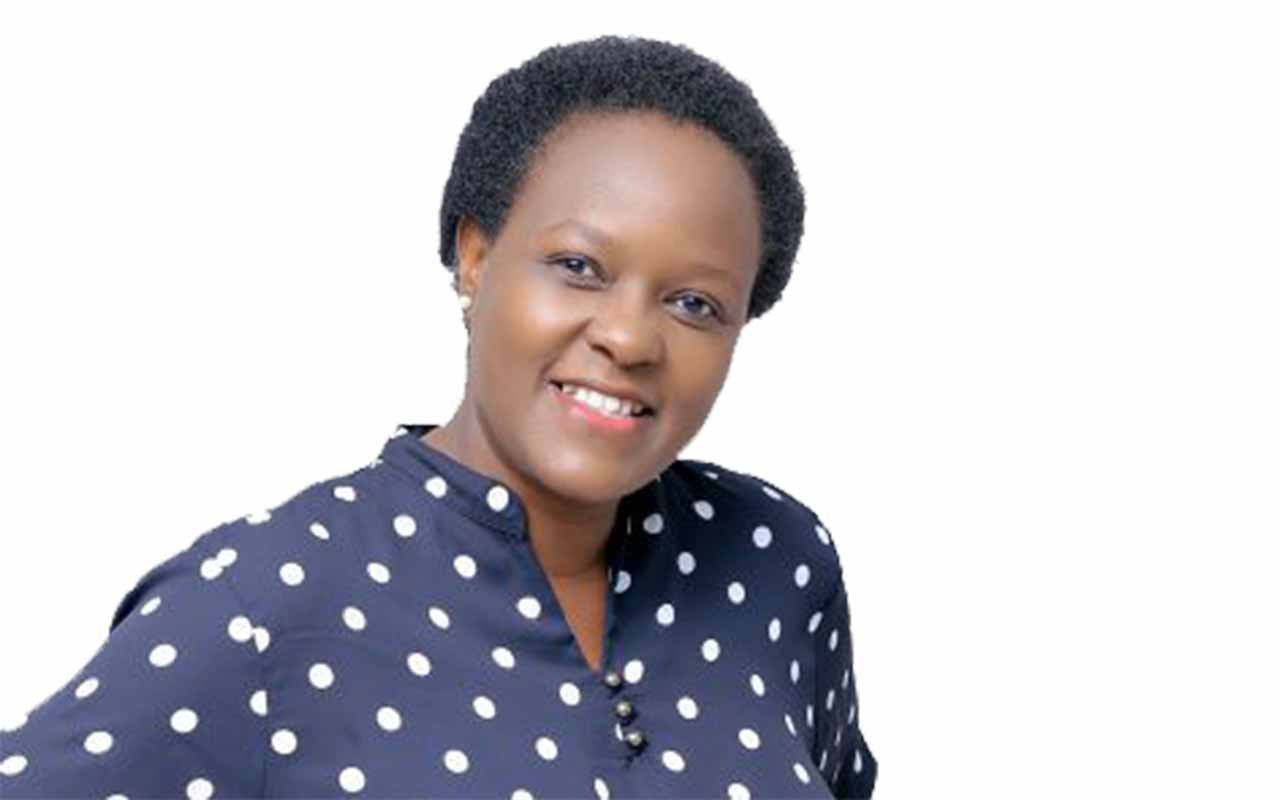Covid-19 crisis: We must do more to deal with the fraud

Emilly Comfort Maractho
What you need to know:
- Ms Emily C Maractho says: ...our track record has never been excellent when it comes to utlitisation of policy.
By now, most of us know someone close who has died or is ill with Covid-19. However, this is no time to panic, but rather to be focused on dealing with what we now face and have faith that this phase will soon be over.
One of the things to deal with, is the fraud that Covid-19 has cultivated on so many levels.
First, some people are cashing in on the misfortune of those who get sick and need special care, oxygen and others. The amount of money people are paying in private hospitals to get treated, a key complement to the soon to be overwhelmed public facilities cannot be glossed over. It is incomprehensible, thinking of what this means for holistic health care provision.
The second is the nature of testing. I have done two Covid-19 tests in the last three weeks. One was because I was in contact with someone who tested positive. So with a family member who had a terrible flu and fever, we went for a test. When we arrived at the collection point that I shall not name, I asked how much I needed to pay. I was asked who would pay, whether it was insurance or individual.
I learnt that how much you are charged depends on who is paying, with insurance patients paying much more. How considerate! I was given the price and paid for the two of us, feeling the pinch in my pocket. We were told the results would be given the next day at a given time. A telephone number was provided.
When I contacted the number at about the said time, I was asked if it was for purposes of travel or other. I said it was not for travel. The short response was, ‘then wait’. So l learnt that how fast you are served, also depends on the purpose for testing. The results were sent to me via WhatApp in the night, and both of us were negative. We sighed with relief.
But I started to worry about the authenticity of the test, after a friend who tested negative, repeated the test at a different facility and was positive, and another who tested positive repeated and was found negative.
The two repeat tests were based on the one who tested negative feeling ill and not believing the outcome while the one who tested positive was very fine and did not believe his result either. Unfortunately, both of them got different results to confirm their fears.
My second test was a Rapid Antigen Test that I took because I was going for a meeting that required it, a few days ago. There were so many people taking this test that I felt insecure waiting. When my sample was taken and asked to ‘sit over there’ and wait for 30 minutes, I took a walk for an hour instead. Too many people in the hospital. This facility, is not one of the accredited centres in the list provided by Ministry of Health, but I figured the rapid test could be done there.
Then there is the vaccination. I was unwell at the beginning of the exercise and did not take it. After some time, I really wanted to get vaccinated. No facility around me had the vaccine. I started to call a few people to find out where I could get one.
I learnt some really interesting things. We keep saying Ugandans are to blame for not getting the vaccine, but the bottom line is we had a limited number of doses, and they ran out.
Health miniter Jane Ruth Aceng is very calm, which is nice. She likes to remind us that we were told we would die if we were not serious. And not serious we were. But if the congestion I saw at the facility I took a Covid-19 test from recently is anything to go by, then a lot of work needs to be done to protect patients from walking out of hospitals with the virus.
Every time I hear people say ‘you were told’, I wonder how this will serve anyone. Some people who have been sick are not the careless type, or stubbornly not following the standard operating procedures (SOPs).
When a pandemic escalates like this, there is every risk that everyone gets affected, including those following the rules.
The task is for government to secure as many lives as possible and pass the bitter pill needed to save as many lives as is possible.
There is no time to waste reminding people, there is too much work to do, especially to deal with the fraudulent aspects.
Testing is not cheap, and not many families can afford it. And treatment, unless in a government facility, is not for every Harriet and Harry. This is what should preoccupy those responding to the pandemic the most, while continuing to advise us to take the preventive measures seriously.
Ms Maractho (PhD) is the head and senior lecturer, Department of Journalism and Media Studies at UCU. [email protected]




